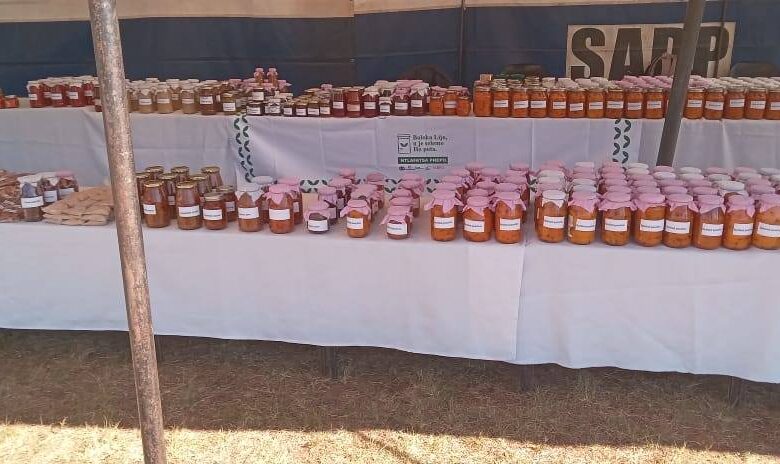Nutrition Division Launches “Preserve Food, Increase Shelf‑Life” Campaign at Koali Resource Centre

On Thursday, May 15, 2025, the Nutrition Division of the District Department of Agriculture and Food Security organized a landmark event to launch its food preservation campaign under the theme “Preserve Food, Increase Shelf‑Life.” The gathering took place at the Koali Agricultural Resource Centre in Lefikeng, Sebapala, and brought together farmers, students, public groups and local officials in a spirited show of community engagement.
A colourful procession set the tone for the day’s activities. Participants—including members of various public groups and pupils from the nearby Sebapala Primary School—marched from the Tongue Block junction along the Main Road toward Mount Moorosi commercial area. Cheering onlookers witnessed the energetic parade as it arrived at the Sebapala Sports Ground, where nutrition clubs from multiple resource centres showcased an impressive array of preserved foods.
At the exhibition, visitors could explore demonstrations of drying, canning, pickling and fermentation techniques. Displays featured sun‑dried fruits, vacuum‑sealed vegetables, bottled sauces and fermented porridges—all designed to highlight simple, low‑cost methods that extend the shelf‑life of fresh produce.
In her keynote address, Acting District Agricultural Officer Ms. Relebohile Lefoka stressed the critical role of food preservation in strengthening food security. “Preservation techniques ensure that food remains safe, nutritious and available over time,” she explained, noting that reducing post‑harvest losses is essential for reliable access to food, particularly during lean seasons. “By learning to preserve today’s harvest, families can avoid wastage and build resilience against supply shortages.”
Ms. Lefoka also underscored the growing challenges posed by climate change. “The negative impacts of climate variability on food production cannot be denied,” she said, urging farmers to adopt climate‑smart agriculture practices. “Integrating innovations such as solar drying, moisture‑controlled storage and community‑scale canning facilities will not only secure food for household consumption but also create income‑generation opportunities.”
The event concluded with practical workshops, where participants rotated through stations to practice blanching and bottling vegetables, constructing low‑cost solar dryers, and preparing fermented relishes. Resource materials were distributed to every attendee, ensuring that both experienced growers and novice gardeners could return home equipped with the knowledge to preserve their own harvests.
As the campaign moves forward, the Nutrition Division plans to take these workshops to remote villages across the district, reinforcing its commitment to sustainable food systems and rural livelihoods.
Join 'Lesotho News' WhatsApp Channel
Get breaking Lesotho news — delivered directly to your WhatsApp.
CLICK HERE TO JOIN



